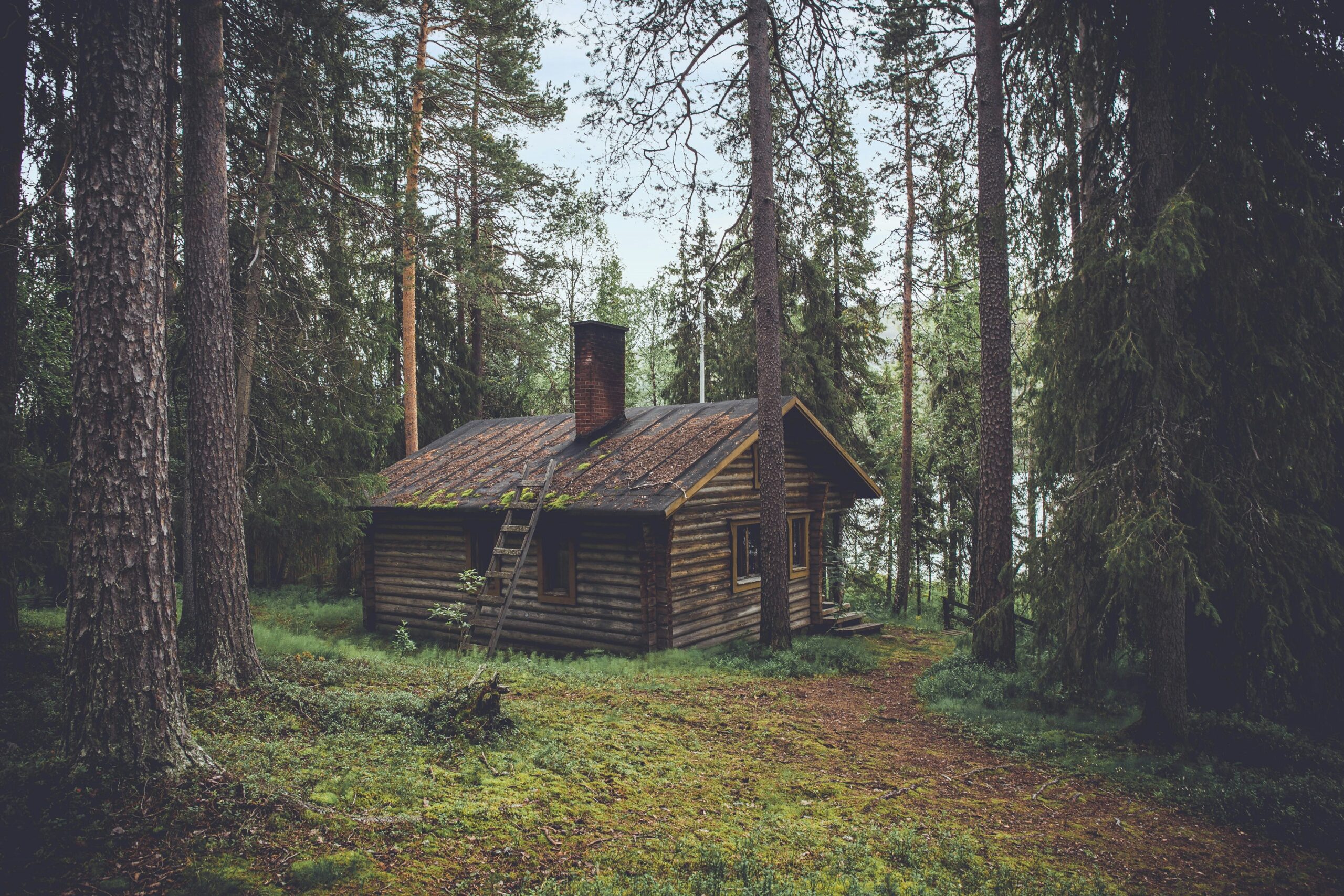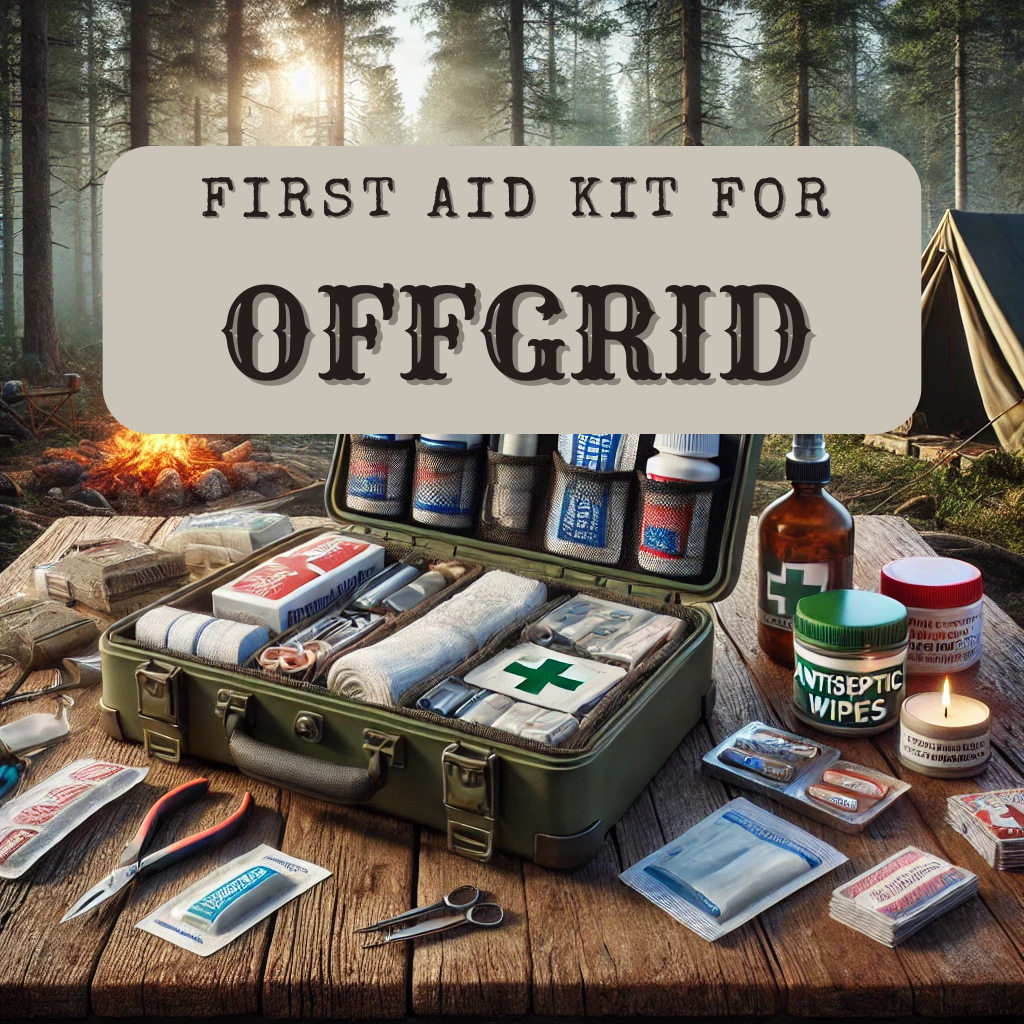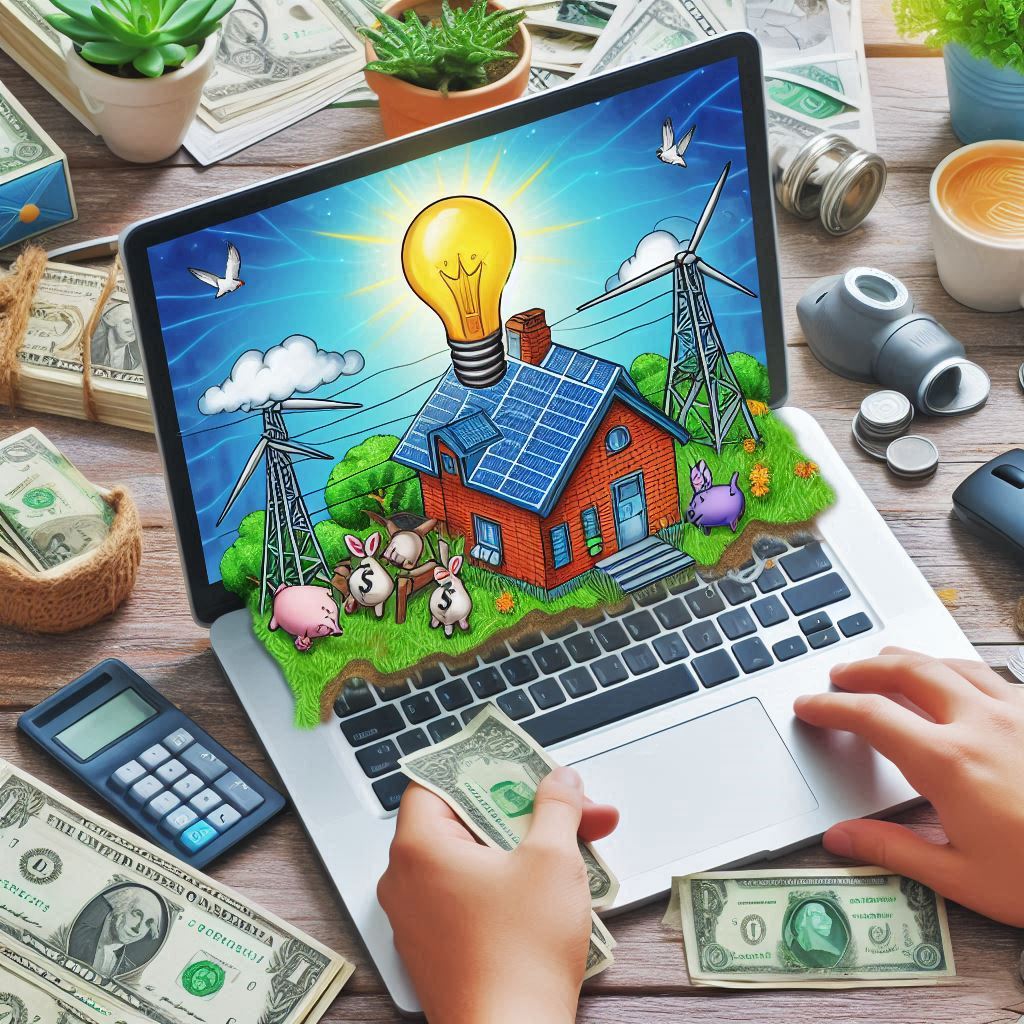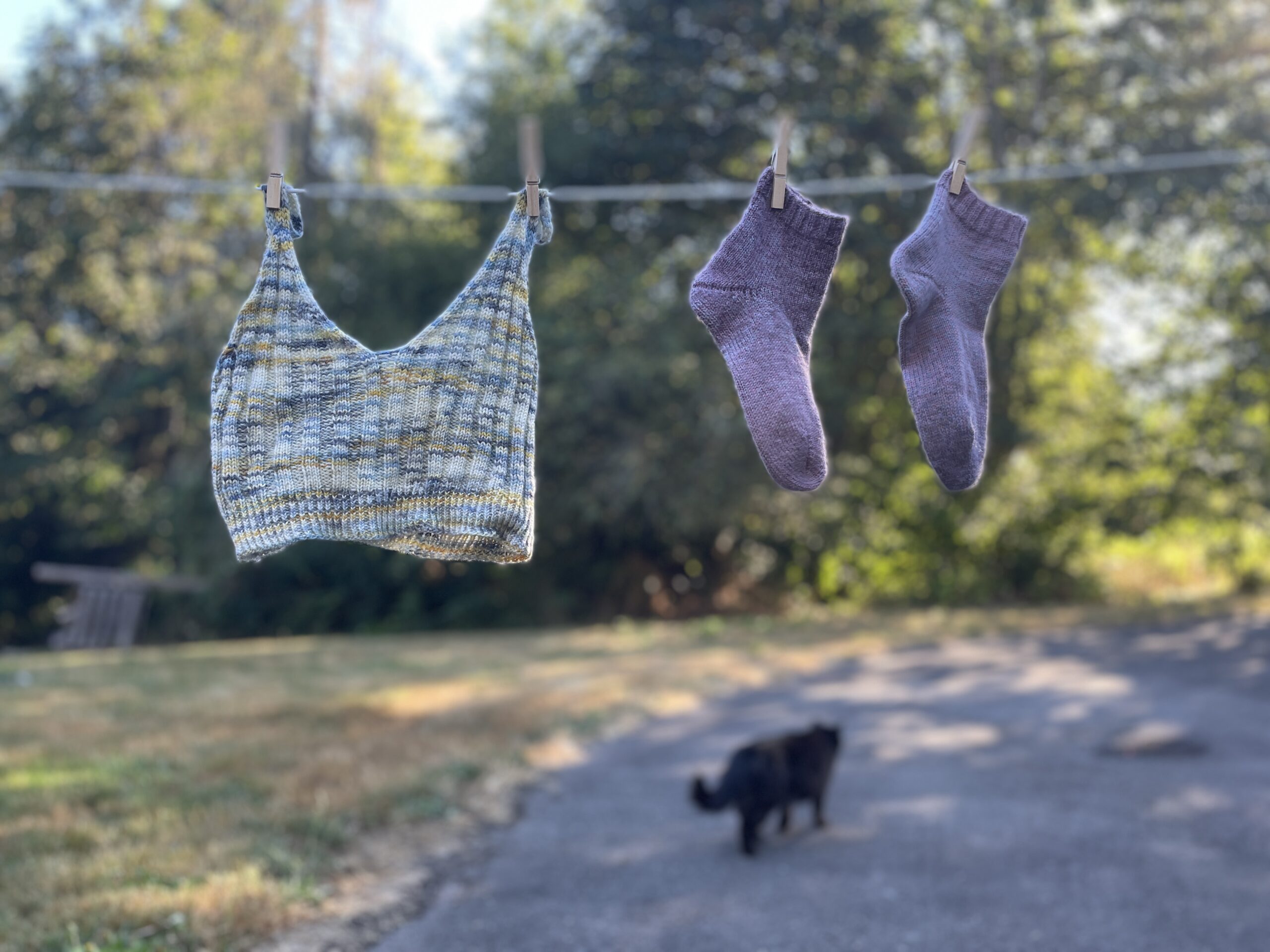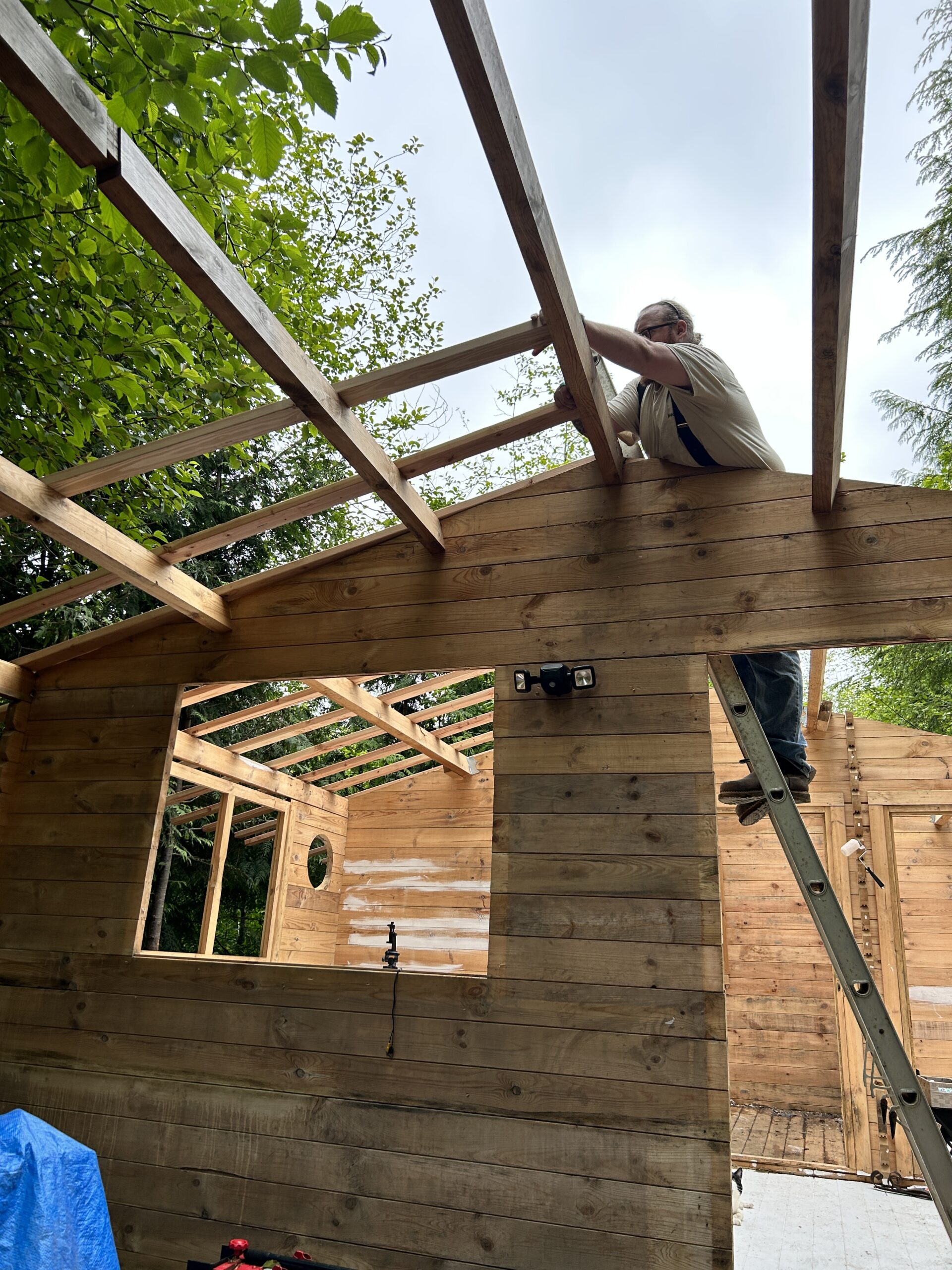When you hear the term off-grid, what comes to mind? Do you picture a cabin in the woods with no electricity, internet, or modern conveniences? Or maybe a homestead where all food is grown on-site, and a trip to the grocery store is unheard of? According to the Oxford Dictionary, off-grid means:
Not using or depending on public utilities, especially the supply of electricity.
While this definition is straightforward, the reality of off-grid living is far more nuanced. It’s not necessarily about disconnecting entirely from modern life but rather about taking responsibility for your resources and creating a lifestyle that fits your values and circumstances. Let’s dive into what off-grid living truly means, its challenges, and how it can look different for everyone.
For some, off-grid living might mean cutting ties with public utilities altogether: generating your own power, harvesting water, and growing food. For others, it’s a middle ground—relying on alternative energy sources like solar power, using a private water system, but still enjoying the convenience of modern technology like the internet or even streaming services.
The idea of living off-grid is a spectrum. While some embrace the challenge of complete self-sufficiency, others prefer to blend independence with comfort. This flexibility is what makes off-grid living so appealing to a growing number of people.
Water quality is an increasing concern across the U.S., with boil-water advisories becoming more common. The thought of turning on the faucet to find brown or contaminated water is unsettling. What would you do in such a situation?
You could boil the water, but boiling doesn’t remove heavy metals or other contaminants. Bottled water might be a temporary fix, but what if the issue persists? Worse, what if the problem lies in your plumbing system—a burst pipe or corroded line that you’re responsible for repairing? Fixing such issues is often expensive, time-consuming, and complicated.
Living off-grid offers a proactive solution. By setting up and maintaining your own water system—be it a well, a rainwater collection system, or a combination—you take control of the quality of the water your family consumes. With proper filtration and regular maintenance, you can ensure that your water is safe and clean without relying on external sources.
Another compelling reason to consider off-grid living is the vulnerability of public utilities during natural disasters. A single storm can knock out power for hours—or even days—leaving you at the mercy of repair crews and utility companies.
When you generate your own electricity, you eliminate this dependency. Solar panels, paired with battery storage and a backup generator, provide a reliable power source even during extended outages. In my case, our off-grid setup ensures that no storm can disrupt our daily life. And unlike a loud residential generator, our system doesn’t disturb neighbors or attract unwanted attention.
It’s important to acknowledge that true self-sufficiency is nearly impossible in today’s world. Equipment requires maintenance, replacement parts, and occasional professional service. Medical care, visits to family, and access to certain foods that aren’t locally grown—like rice or sugar—are all examples of areas where off-grid living blends with modern life.
Growing and processing certain staples, like wheat for flour, can also be more time-consuming and less cost-effective than simply buying them. For instance, a 20-pound bag of flour currently costs around $8—a price that’s hard to beat through home production.
The key is finding a balance. Off-grid living doesn’t mean abandoning modern conveniences; it’s about prioritizing independence where it makes the most sense for your lifestyle and location.
No two off-grid lifestyles are the same. One person might focus on renewable energy and water independence while still visiting the local market for fresh produce. Another might aim for complete food self-sufficiency but rely on public utilities for water or internet.
Your off-grid setup will depend on your goals, location, and resources. Are you looking to reduce your environmental footprint? Save money? Gain independence from unreliable public systems? Understanding your “why” will help shape your approach and what off-grid looks like to you.
Off-grid living is not a one-size-fits-all concept. It’s about empowering yourself to create a life that aligns with your values and needs. Whether that means disconnecting entirely from public utilities or simply reducing your reliance on them, the choice is yours.
The beauty of off-grid living lies in its adaptability. It can be as simple as installing a rainwater collection system or as complex as running a self-sustaining homestead. Either way, the goal remains the same: greater independence, resilience, and peace of mind in an uncertain world.
Are you ready to take the leap into off-grid living? Start small and embrace the journey—because living off-grid is less about where you draw the line and more about where you find freedom.

